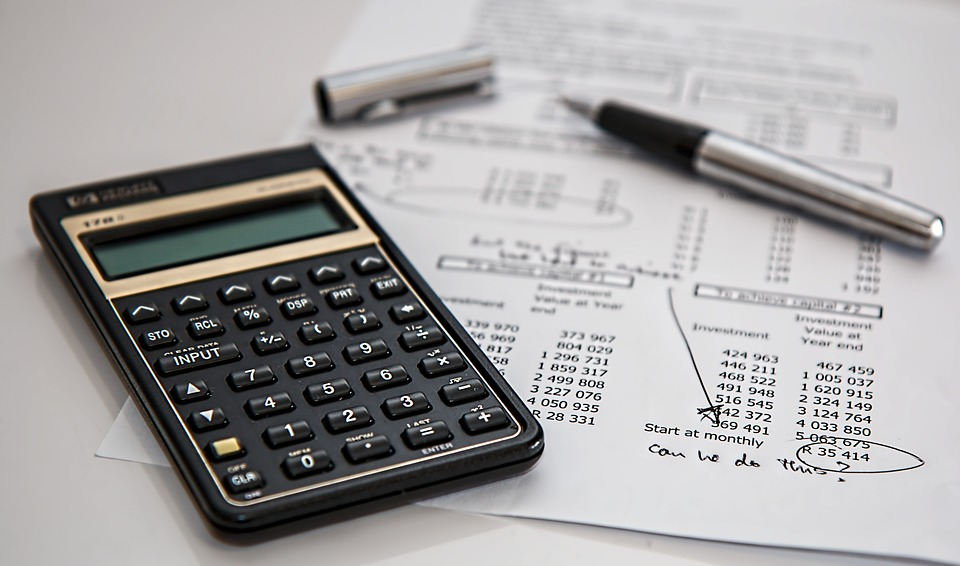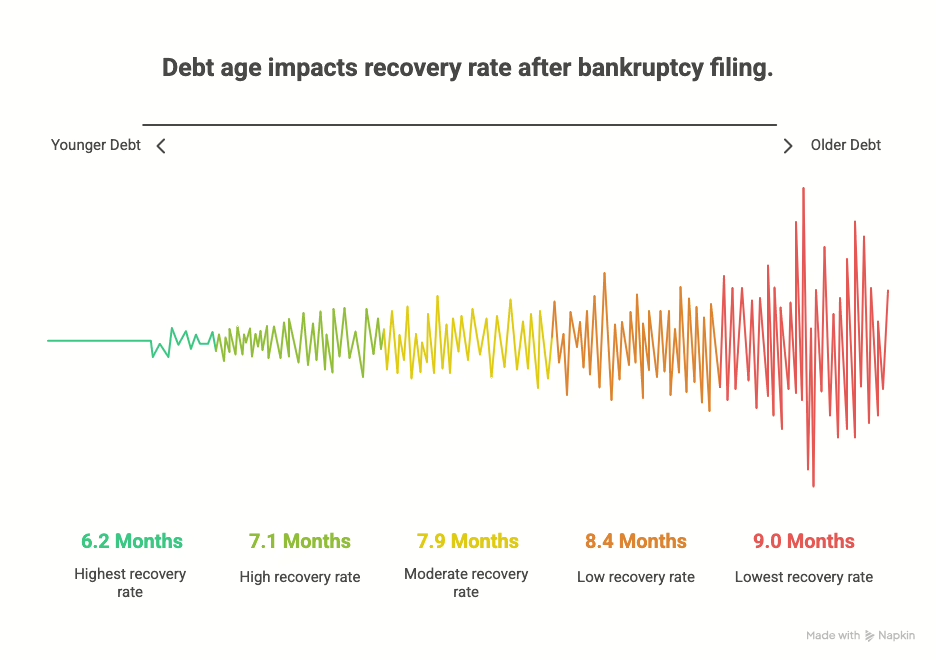It can be tempting to move quickly to acquire the assets of a failing business. Before proceeding with acquisition, here are some things to consider.
Purchasing Assets Outside of Bankruptcy
When considering purchasing assets of a troubled business outside of bankruptcy, its vitally import to do due diligence. You must examine the company’s financial records to determine if any liabilities may follow the asset purchase.
Unlike purchases within bankruptcy, buying assets outside of bankruptcy presents unforeseen challenges from competing interests (lien creditors, creditors claiming fraudulent conveyance, taxing authorities, and/or shareholders) who may the assets were sold for less than maximum value.
If creditors will receive full payment from the sale of assets, or it is unlikely that shareholders will question the purchase price, it will be less likely that the transaction will be questioned.
It is not uncommon, however, for creditors or disgruntled shareholder/owners to question the sale of assets under state or federal transfer laws. In such a circumstance, the buyer may have the responsibility to establish it paid reasonably equivalent value.
Successor Liability/De Facto Merger
The purchase of assets outside of bankruptcy implicates (buyer) liability doctrines. Judicially created doctrines such as “de facto merger” enable creditors to challenge sales as ”nothing more than a merger without actually merging”.
The de facto merger doctrine holds that the scope of assets purchased, and the purchase price paid, may combine to result in the creditor accessing the resources of the purchaser to satisfy seller claims. Remove the legal terms and what this says is — if you pay less than the creditor(s) feel the assets are worth, creditors may be able to come back to you for the difference (if a de facto merger can be established).
Factors often considered in determining whether a purchase & sale transaction amounts to a “de facto merger” include:
- Is there a continuation of the seller’s business
- Is there a continuity of ownership following the sale
- Did the seller continues its business following the sale
- If, and to what extent, liabilities of the seller are assumed by the buyer — which are necessary to the continued operation of the successor business).
A positive answer to any or all of these questions may result in the buyer’s forced assumption of the seller’s liabilities. Attention to detail and consultation with a professional may help alleviate the possible negative impact of the sale transaction.
Purchasing Assets in Bankruptcy
One strategy for limiting liability is to purchase all or part of the businesses’ assets within a bankruptcy.
If the business-debtor files for relief under Chapter 7 (liquidation) or chapter 11 (reorganization), scheduled assets of value may be available for purchase. Contact the Chapter 7 Trustee or the Chapter 11 debtor to determine if, and to what extent, the assets are available for purchase.
Section 363 of the Bankruptcy Code generally permits the sale of debtor assets to be “free and clear of any interest of any entity other than the bankruptcy estate.” On the surface this appears to be a good deal for the buyer.
It should be understood that Chapter 7 trustee or Chapter 11 debtor is selling assets “free and clear of certain liabilities”. These sales are often “as is/where is” and “without any representations or warranties.” The protections afforded under section 363 apply primarily to creditor demands.
But, the buyer may not be protected against other quantifiable or identifiable liabilities (such as federal and state environmental claims, product liability, patent or trademark infringement claims) which often follow the sale of real estate, intellectual property, and products. Whether liability may be imposed will depend on a variety of facts, factors, and legal precedents.
Steps can be taken to avoid potential successor liability when acquiring assets out of bankruptcy:
- Ensure notice, and an opportunity to object, is provided to the widest possible group of potential claimants
- Place provisions in the court-order approving the sale addressing known interests, plus the scope and extent of assumed liability
- Determine if, and to what extent, insurance may be available to reduce the risk of potential liability
- Consider a hold-back on the purchase price for a specified period of time to apply to potential claims.
The prospective purchaser should be aware that sales under section 363 often result in auctions. In these circumstances, the potential buyer should be prepared to pay more than originally offered.
Buying assets from distressed companies can be a lucrative way to grow a profitable business. Before taking this step, the buyer must undertake a requisite amount of due diligence to determine if the purchase will be both advantageous and relatively risk free. Whether the sale is outside or inside bankruptcy, the prospective buyer is always encouraged to consult competent and effective counsel and other professional advisers.
NOTE: This article is not legal advice. Consult competent and effective counsel and other professional advisers.
Commercial Collection Topics
- Export Credit Insurance Defines what export credit insurance is and the benefits to the policy holder....
- Business Bankruptcy Protection Discusses Creditor Reclamation Demand when debtor files for bankruptcy or is determined to be officially insolvent....
- Collecting on Judgments How to collect on a judgement with a lien against a debtor's asset. How the lien can be void if...
- Chapter 7 Bankruptcy Describes that a debtor must not have enough income to qualify for a Chapter 13. This is done by a...










